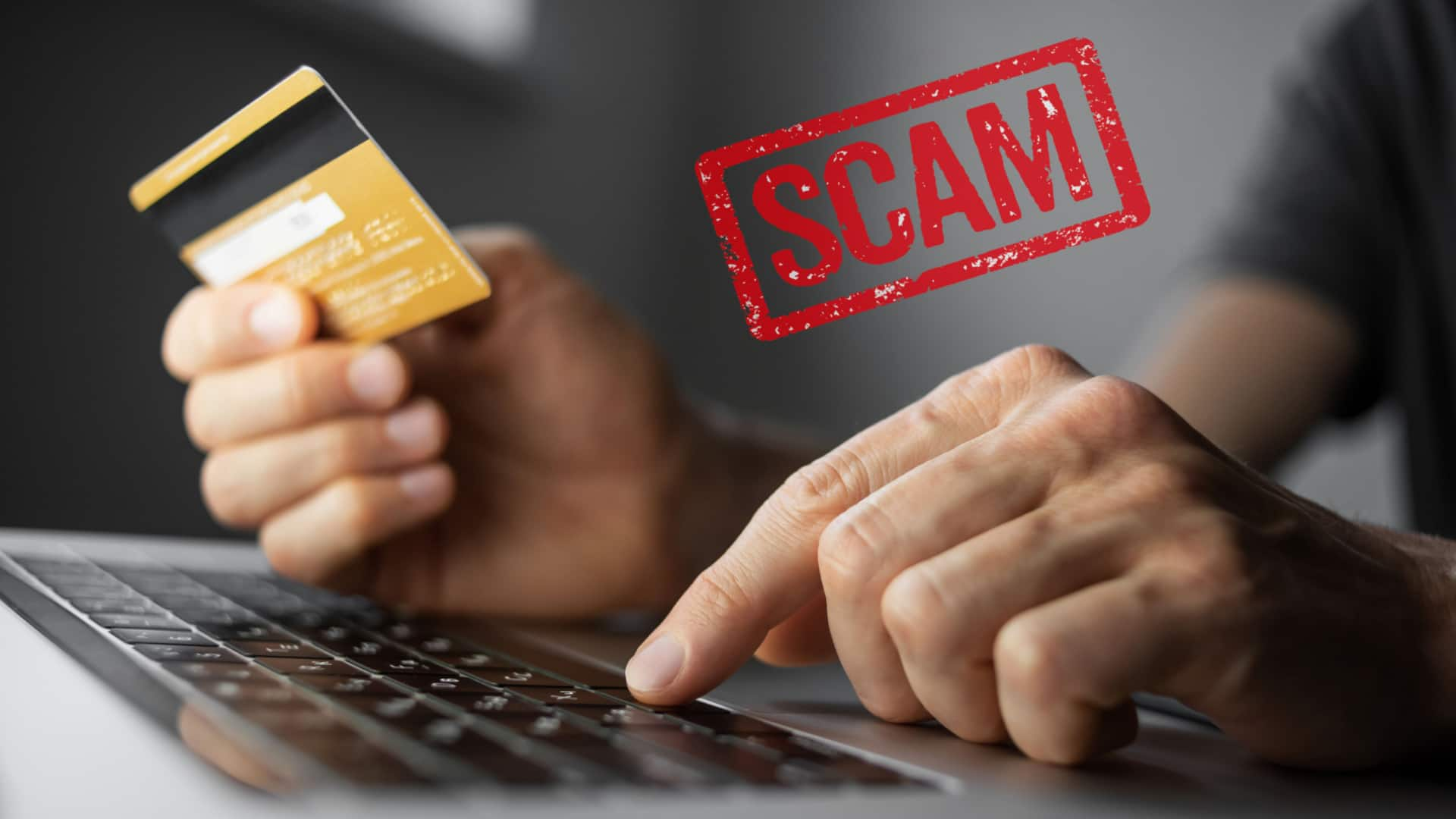
Scammed online? Visa offers essential tips for recovering money
What's the story
As the festive season draws near, shoppers are all set to grab discounts and deals, but so are fraudsters looking to capitalize on any opportunity to cheat unsuspecting buyers.
Digital payment fraud is on the rise, and even the most careful of us can end up falling for these cybercrimes.
If you ever become a victim, here's how to act quickly and minimize the damage.
Step #1
Immediately contact authorized customer care services
The first step in protecting yourself from a digital scam is to immediately contact the authorized customer care services of your bank or payment provider.
It's crucial to use only officially listed contacts and take prompt action such as freezing your account or blocking your card/payment method.
This can help prevent further fraudulent activity and initiate a chargeback/refund process.
Step #2
Reporting scam to authorities is crucial
The next step is to immediately report the incident to your bank and concerned authorities such as the National Cyber Crime Helpline (Dial 1930).
You should also file a complaint on the National Cyber Crime Reporting Portal (NCRP) or at your nearest police station.
Keeping a copy of this complaint for future reference can help in resolving the issue.
Step #3
Importance of documenting details in such incidents
In the middle of a scam, it is essential to document every detail from the moment you suspect foul play.
This includes recording conversations, taking screenshots, copying messages, and noting down transaction IDs, dates, amounts that may have been shared with the scammer.
These details can be extremely useful when reporting and resolving the fraud.
Step #4
Enhancing security post-scam is essential
After falling victim to a scam, it is imperative to upgrade your security measures.
This can be done by updating passwords to strong and unique ones, activating two-factor authentication, and installing robust anti-malware that regularly scans your devices.
Opting for payment options with stringent security measures like tokenization mandated by the Reserve Bank of India (RBI) for online transactions, is also recommended.
Step #5
Sharing experiences can help others avoid scams
The last step stresses on the need to share your experience with others.
By proactively talking about your ordeal with friends, family, and on social media platforms, you can educate them about important safety tips and possible mistakes to avoid.
This collective awareness can help in building a safer online ecosystem for digital payments.